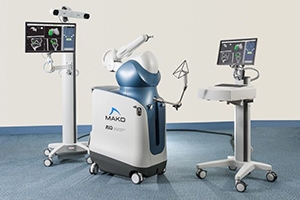In playing sports we experience a whole spectrum of emotions from the thrill of victory to the agony of defeat. Sports teaches the importance of hard work, persistence in the face of overwhelming odds, and the ability to handle stressful situations and injury. When injured, how soon you can recover is influenced by your physical and emotional resilience. Here are some psychological strategies to help you get back in the game:
1. Acceptance of the situation: Being injured can seem unfair and can cause negative emotions such as anger, jealousy, and frustration. By accepting the situation as it is, you can free your mind to focus on the immediate next step to change your situation for the better.
2. Understand your injury: Speak to your doctor to learn as much as you can about your condition. The more you know about the nature of your injury, (what caused it, how it can be treated and prevented, how long the recovery will take) the less likely you will be to give into fear and anxiety.
3. Maintain a positive mental attitude: To get the most out of your rehabilitation program, you need to be an active participant. This can only happen with a positive mental attitude staying focused on what can be done and not worrying about your current limitations.
4. Try to maintain your overall fitness: If you have injured your leg, you may still be able to get an upper body workout by using some light dumbbells or other exercise machines. Similarly, in case of an arm or shoulder injury, you could use the treadmill or an exercise bike to stay fit. Finding ways to keep active will keep your mind off your injury.
5. Set short-term goals: In case of a severe injury, the road to full recovery may be a long and hard one. Break up your journey into many small milestones. The emotional satisfaction you get every time you reach a milestone will spur you on along the path to full recovery.




